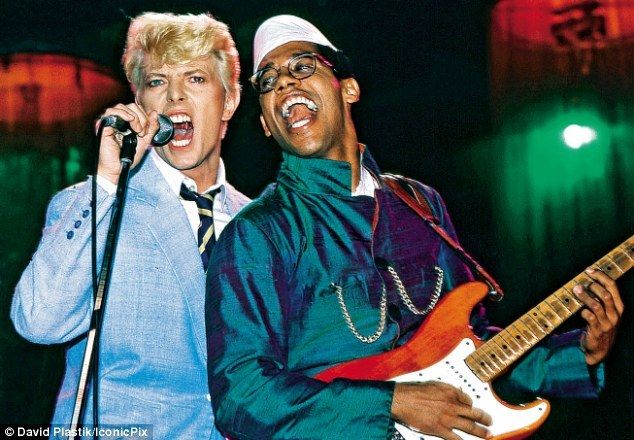
David Bowie and Cultural Appropriation: Examining His Use of African American Musical Styles and Its Impact on Modern Music Discussions
David Bowie, one of the most influential figures in music history, remains a subject of debate not just for his artistic innovation but also for his cultural influences. Over the years, critics and fans alike have discussed whether Bowie’s incorporation of African American musical styles constitutes **cultural appreciation or cultural appropriation**. As conversations around race and music evolve, examining Bowie’s legacy through this lens provides insight into the broader discussion on **who gets credit for shaping musical genres**.

#### **Bowie’s Connection to African American Music**
From early in his career, Bowie was deeply inspired by Black musicians. In the 1970s, he embraced **soul, funk, and R&B**, particularly in his 1975 album *Young Americans*, which he famously referred to as “plastic soul.” This album, heavily influenced by African American artists, featured collaborations with Black musicians such as **Luther Vandross and Carlos Alomar**. Bowie himself acknowledged that he was drawing from the Black musical tradition, describing the sound as a version of soul music performed by a white British artist.
Bowie’s love for soul and funk wasn’t just musical; he also used his platform to advocate for Black artists. In a 1983 MTV interview, Bowie famously criticized the network for not giving enough airplay to Black musicians, challenging the racial barriers in mainstream media. This moment has often been cited as evidence of Bowie’s **allyship** rather than appropriation.
#### **The Cultural Appropriation Debate**
Despite his admiration and collaborations with Black musicians, some critics argue that Bowie profited from African American musical traditions while Black artists creating similar music struggled for mainstream recognition. The concern over **white artists adopting Black styles and gaining commercial success**—while Black artists face systemic barriers—has been a long-standing issue in the music industry.
Bowie’s *Young Americans* era is sometimes compared to similar debates surrounding Elvis Presley, The Rolling Stones, and other white musicians who incorporated Black music. While some see this as **a natural blending of musical influences**, others view it as an **example of white musicians benefiting from Black creativity without facing the same struggles**.
#### **Bowie’s Lasting Influence and the Modern Perspective**
In today’s music landscape, conversations about **cultural appropriation versus appreciation** are more prominent than ever. Some argue that Bowie was respectful and open about his influences, giving credit to the Black artists he worked with. Others feel that, regardless of intention, his success reflects a broader pattern of the music industry favoring white artists who adopt Black styles.
Ultimately, Bowie’s relationship with African American music remains a complex and debated topic. While he played a role in bringing soul and funk to a wider audience, the discussion highlights **larger systemic issues in the music industry that continue to this day**. Whether viewed as an innovator, an ally, or a beneficiary of Black culture, Bowie’s legacy continues to spark important conversations about race, music, and artistic influence.
Leave a Reply